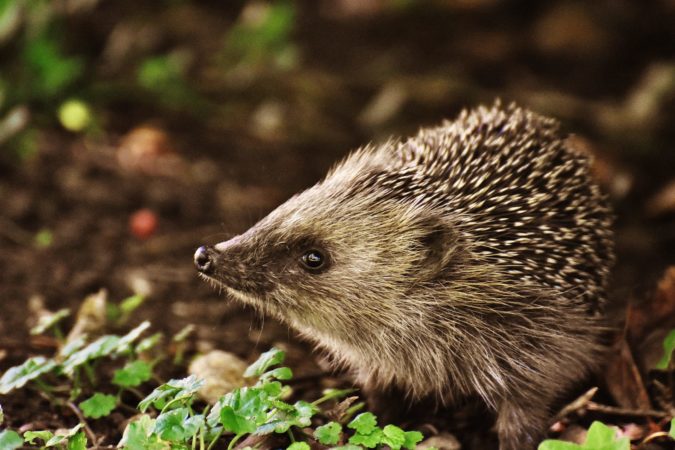Hedgehog decline

The (European) hedgehog population is in decline. In Britain, the population has roughly halved in recent times and is considered to be vulnerable to extinction. The Danish Hedgehog project, a citizen science project, headed up by Dr Sophie Lund Rasmussen* (also known as ‘Dr Hedgehog’ : link to YouTube videos) has been investigating the life span of hedgehogs.
This has been done by analysing the jaw bones of dead hedgehogs collected by volunteers all over Denmark. The jawbone shows a line of reduced growth when the animal goes into hibernation, the number of lines equates to the age of the animal in years. The oldest hedgehog found to date was 16 years old. Sadly this hedgehog died after being attacked by a dog, which is not an uncommon cause of death for hedgehogs.

The study has revealed the average life span of a hedgehog to be roughly two years only, with males faring slightly better than females. The study also found that the most common cause of ‘hedgehog death’ was crossing a road. Another finding was that the hedgehog population is quite inbred. This may be due to the reduced population size and the difficulty hedgehogs face in finding a mate due to habitat fragmentation (garden fences, roads, railway lines which divide up the environment). Inbreeding leads to loss of genetic diversity, which in turn reduces the overall fitness of the individual and the population.

Hedgehog populations can be helped by
- Creating hedgehog friendly gardens by removing barriers to movement between gardens.
- Ensuring there is plenty of greenery / plant life in the garden so there are earthworms, insects, snails etc. for hedgehogs to feed on.
- Avoiding the use of pesticides and slug pellets in the garden. Also be careful with the use of netting, keep it above ground level.
- Providing a shallow dish of fresh water and food (such as meaty cat or dog food), particularly during long dry spells. NB : ponds with steep sides can be a problem for a hedgehog if it falls in.

More information on hedgehogs can be found here : https://www.britishhedgehogs.org.uk/
Thanks to Nigel Palmer for his excellent hedgehog pictures, visit his hedgehog post here
* https://www.biology.ox.ac.uk/people/dr-sophie-lund-rasmussen#tab-3324091
Comments are closed for this post.
